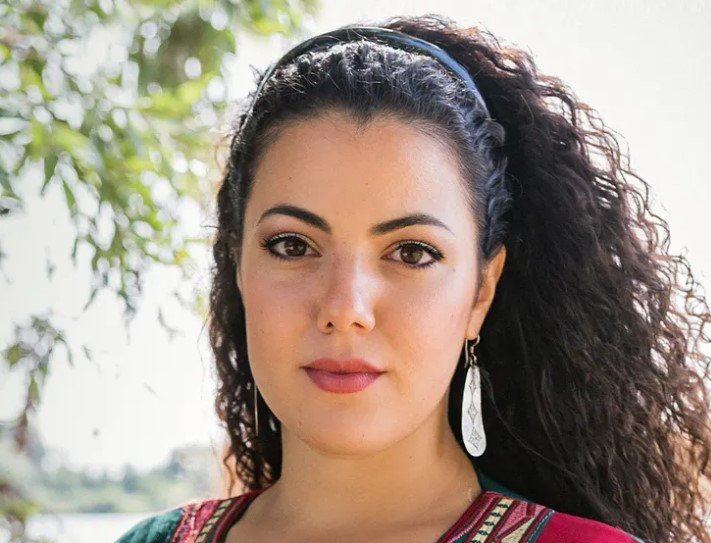Rescheduled for September, the festival marks a symbolic cultural revival amid national trauma
In a city still reckoning with the echoes of war, Jerusalem’s most celebrated chamber music festival is preparing to lift its curtain once again.
A Festival Interrupted by War
Originally slated for June, the Jerusalem International Chamber Music Festival was postponed following Israel’s conflict with Iran in early summer—a clash that briefly halted many cultural institutions across the country. Now rescheduled for September 9 to 13, the event’s return is being met with both artistic anticipation and deeper emotional resonance.
“It was never just about music,” said Elena Bashkirova, the festival’s founding artistic director. “This year, it’s about healing, about memory, about survival.”
Held at the YMCA Auditorium and produced by the Jerusalem Music Center at Mishkenot Sha’ananim, the festival is considered one of Israel’s premier classical music events. Since its founding in 1998, it has drawn international talent and homegrown virtuosos alike, balancing prestige with intimacy—a rarity in a country better known for political turbulence than quiet quintets.

The Quintet as Metaphor
This year’s theme centers around quintets in all their varied forms: string, piano, wind, and mixed configurations. Bashkirova, a renowned pianist and the widow of former Israeli President Shimon Peres, curated a repertoire that leans heavily on contrast—fragility and force, complexity and clarity.
Composers featured include canonical giants like Mozart, Beethoven, Brahms, and Bartók, as well as Hindemith, Shostakovich, and César Franck—each with quintets that probe emotional extremes.
“There’s something democratic about a quintet,” said clarinetist Pablo Barragán, one of this year’s performers. “No one voice dominates. That feels especially meaningful right now in Jerusalem.”
Star Power Meets Local Soul
This year’s lineup brings together some of Europe’s and Israel’s most gifted chamber musicians.
Notable performers include:
-
Elena Bashkirova, Plamena Mangova, and Yulianna Avdeeva (piano)
-
Liza Ferschtman, Madeleine Carruzzo, and Mark Karlinsky (violin)
-
Noga Shaham, Katrin Spiegel, and Roman Spitzer (viola)
-
Ivan Karizna, Astrig Siranossian, Haran Meltzer, and Kaori Yamagami (cello)
-
Pablo Barragán (clarinet)
For Yamagami, a Japanese-American cellist making her return to the Jerusalem stage after nearly a decade, this performance carries personal significance.
“I performed here in 2016, and it was beautiful—but this time, it’s different,” Yamagami said. “There’s grief in the air. But also grace.”
Cultural Identity in Wartime
The war with Iran, though short-lived, left psychological scars on Israel’s cultural landscape. Several theaters and museums in Tel Aviv shuttered temporarily. Summer tours were cancelled. Attendance at classical events dropped sharply in June, with audiences either distracted or displaced.
The Jerusalem International Chamber Music Festival’s rescheduling is being seen as a quiet—but determined—act of defiance.
“Every time we hold this festival, we remind ourselves that beauty still belongs to us,” said Yulianna Avdeeva, a returning pianist. “Even if missiles fall, music rises.”
Rebuilding from the Ground Up
Beyond performances, this year’s edition also includes two open rehearsals and a new youth outreach day in partnership with the Jerusalem Academy of Music and Dance, inviting music students to engage with the festival’s artists.
The effort, according to the organizers, is designed to rebuild local interest and foster a new generation of chamber musicians who see their craft as both personal and political.
“It’s not just about tickets or applause,” said festival producer Amit Katzir. “It’s about building something that lasts—notes on a page that outlive the news cycle.”
A Performance Against the Silence
What began as a scheduling reshuffle has evolved into something closer to cultural renewal. Tickets are nearly sold out, with a marked rise in international interest—particularly from European supporters who view the festival as a beacon of cultural diplomacy.
In many ways, it’s not just the music that audiences will come for this September. It’s the message: that amid conflict, creativity doesn’t falter—it adapts.
